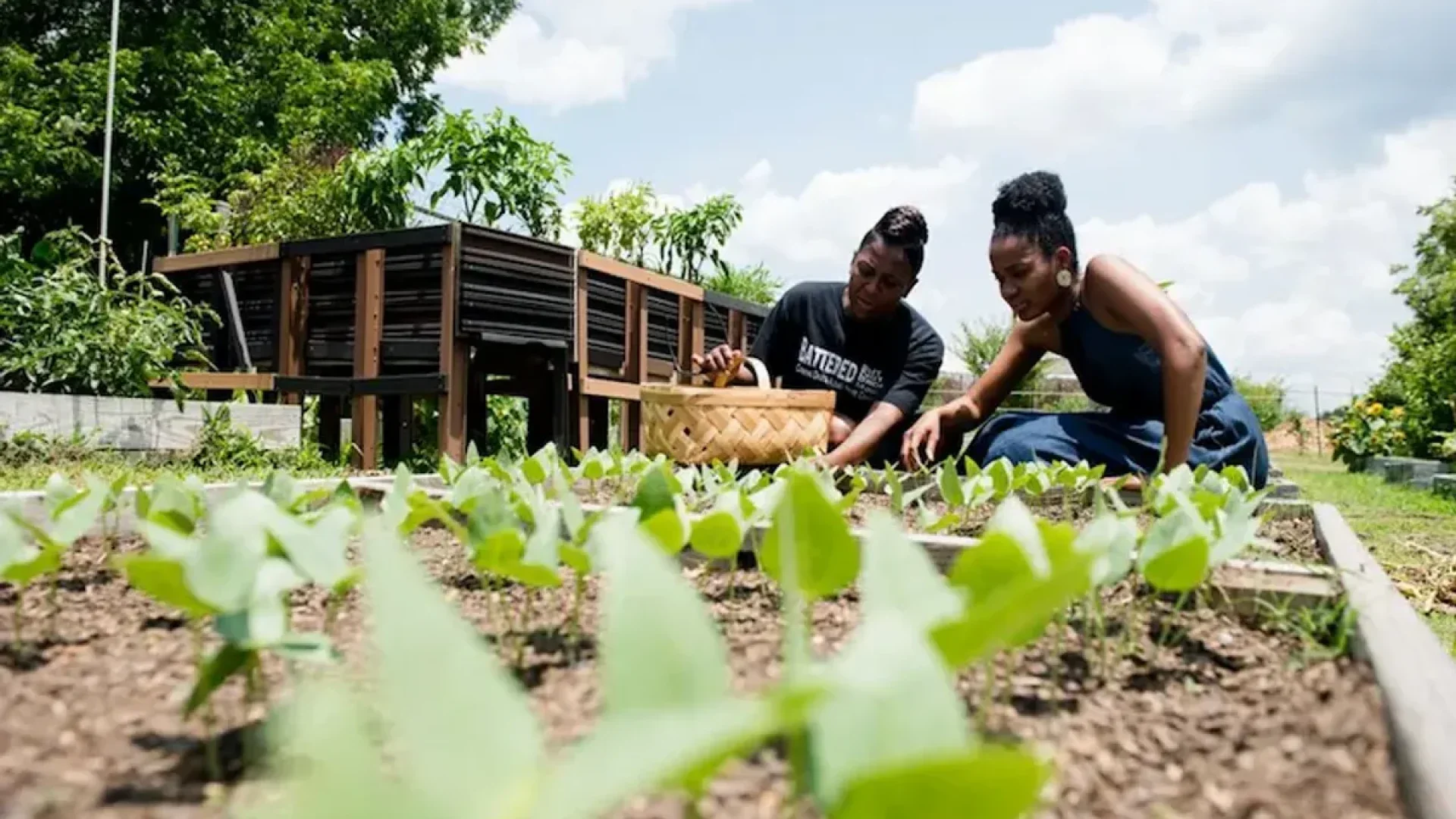
Inspired by her own family’s tragic story, Jillian Hishaw has been at the forefront of the fight to help Black farmers keep their land.
Hishaw is an author, attorney, and founder of the nonprofit Family Agriculture Resource Management Services (F.A.R.M.S.). This international nonprofit “provides legal and technical aid to rural and small farmers, while reducing hunger in the farming community.”
“My grandfather was the inspiration behind F.A.R.M.S. because of his experience with our family-land loss,” says Hishaw.
Decades earlier, Hisahw’s grandfather was the proud owner of the home where he had grown up as a child. But then her grandfather and great-grandmother procured an attorney to help assist with paying taxes for the family farm.
Unfortunately, they would discover that they had been swindled—the attorney had been keeping the money and even worse had “sold the farm. Years later, they discovered the home ‘was replaced by an oil pump — leaving the Hishaw family to believe the presence of oil was known, which incentivized the theft of the land,’” Capital B News reports.
And unfortunately, this tragic tale of stolen family land is all too common, and especially rampant against the Black community.
“In 1862, when the USDA was established, it required former enslaved Africans to have credit or collateral to secure a farm loan. From the beginning, the USDA earned the title the ‘last plantation’ due to the predatory lending terms directed against Black farmers,” explained Hishaw to the The San Diego Union-Tribune.
The disparity is even clearer after looking at the statistics. “At the turn of the 1900s, Blacks owned up to 15 to 16 million acres. Now, more than 90 percent of Black-owned land has been lost, in addition to the 30,000 acres we lose in Black landownership per year.” In what is a clear pattern of discriminatory practices, “[h]istorically, Black farmers have been required to over collateralize, compared to White famers.”







But as Hishaw revealed, “it’s not just white people stealing land. It was Black folks stealing Black folk land, Asian people trying to steal Black folk land, and white people, of course, trying to steal Black folk land…When it comes to land theft, a thief is a thief. But, based on my experience, more land is lost by the USDA [U.S. Department of Agriculture] than by an individual.”
Despite these barriers, Hishaw presses on in her fight to preserve Black farms and help landowners retain their family legacy.
“What Jillian does is unique. There are so many components to it, working with an attorney. She referred us to the deed to our family farm, [and ensured it] was cleared since the land was passed down from a former slave owner, [and] we did not possess a proper deed,” says South Carolina farmer LeTanya Williams, just one of Hishaw’s many success stories.





